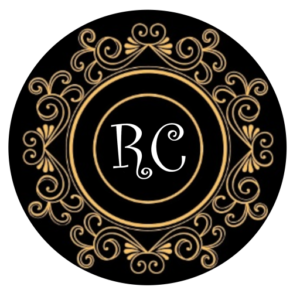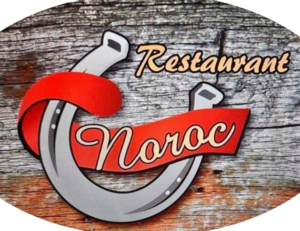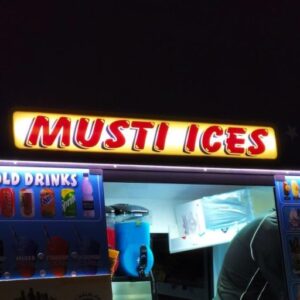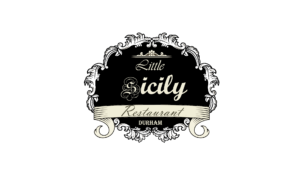No products in the cart.
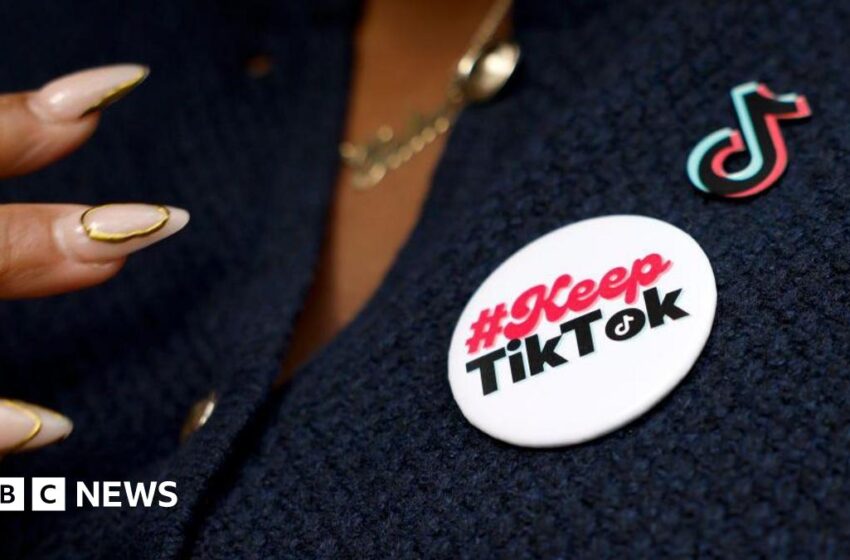
[ad_1]
TikTok’s future does not just hang on the legal process, however – Donald Trump’s victory in the US presidential election may also hand it a lifeline.
He met TikTok boss Shou Zi Chew on Monday at his Mar-a-Lago estate in Florida, the BBC’s US partner CBS News reported, citing sources familiar with the meeting.
Trump has publicly said he opposes the ban, despite supporting one in his first term as president.
But he will not take office until 20 January, the day after the deadline for TikTok to be banned or sold.
“I have a warm spot in my heart for TikTok, because I won youth by 34 points,” he claimed at a press conference on Monday – though a majority of 18 to 29-year-olds backed his opponent Kamala Harris.
“There are those that say that TikTok has something to do with that,” he said.
But despite Trump’s support, senior Senate Republican, Mitch McConnell, urged the Supreme Court to reject TikTok’s bid.
In a brief filed to the court, he called the firm’s arguments “meritless and unsound.”
TikTok has the backing of some civil liberties organisations however.
A group of them have made a joint filing to the court urging it to block the banning of a platform which they argue “millions use every day to communicate, learn about the world, and express themselves.”
Kelsey Chickering from market research firm Forrester said Instagram’s parent company Meta would be a major beneficiary of ban on TikTok.
“TikTok is central to a thriving creator economy, and a ban would effectively create a Meta monopoly on short-form video,” Ms Chickering said, citing a Forrester survey that found 56% of TikTok users would switch to Instagram Reels in that event.
[ad_2]
Source link

